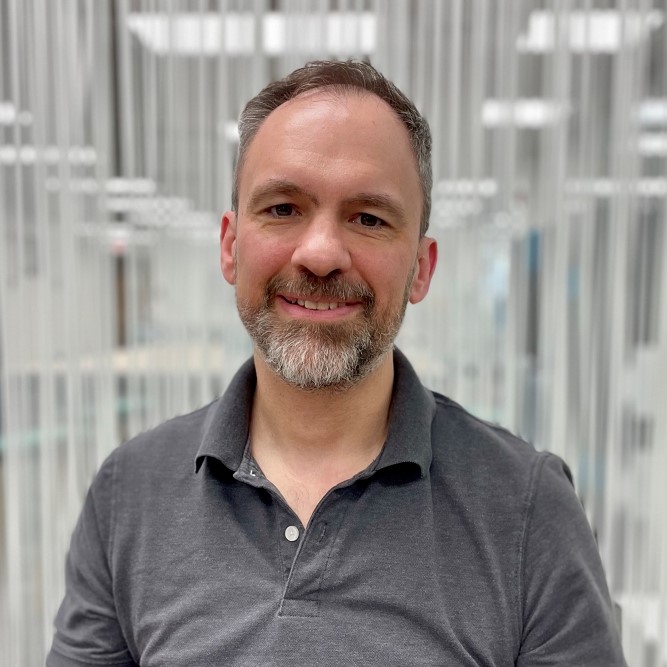
Zack Miller
Zack Miller, an economics professor at the University of Missouri, is preparing to join experts from different fields at the Center for Energy Innovation, a project with an anticipated groundbreaking later this year. Together, they'll find sustainable ways to advance energy production and discover new energy innovations.
"I'm motivated by asking questions about topics that affect people deeply,” said Miller, an associate chair of the MU Department of Economics. “Using the data-driven tools of economics, I can provide an analytical approach and develop models that can visualize solutions for important societal and global issues."
Miller, an econometrician by trade, blends economic theory with math and statistics. Econometricians help explain and predict economic phenomena like energy markets by creating models from data. For instance, a price change influences the demanded quantity of a good by a certain amount. It's the econometrician's job to determine that amount and develop a model for estimating it accurately.
Also, models can help visualize how the environment and weather affect energy demand.
"These are challenging areas for economists to explain, and we benefit from having people in fields like engineering and physics also provide insight on these topics," Miller explained. "I'm interested in understanding these complexities, which economists often consider 'black boxes'. By exploring them, we improve our models and accuracy. Although no model is perfect, we aim to find the most helpful ones among many options."
Initially, as an econometrician, Miller was interested in researching how oil prices affect economic activity.
“This question has been asked for decades, ever since the oil price spikes of the 1970s,” Miller said. “Before that, energy prices were nearly constant and inexpensive, and that was a wakeup call.”
Now, Miller is driven to answer questions about energy use.
“I look at how energy consumption is affected by things like how hot or humid it is outside. It's a complicated relationship, and by creating more informed models from the data, that information can help inform energy policy decisions,” Miller said.
For example, Miller has explored how to model peak electricity, or the maximum amount of electricity consumed during a specific time — usually during summer afternoons or cold winter evenings.
"During peak demand, power operators aim to use generators efficiently without overinvesting," Miller said. "Studying factors like humidity, wind, rainfall, clouds and temperature helps us understand and predict energy spikes."
Miller is excited to share his research and influence policy by working with his colleagues at the Center for Energy Innovation.
"A center like this brings people with similar interests together to find new approaches. Econometricians like me help connect experts from fields like engineering and physics with policy, building bridges between areas like energy, environment and sustainability," Miller said.
Center for Energy Innovation
Through the Center for Energy Innovation, the University of Missouri is committed to tackling challenges presented through rising energy concerns and rapid growth in artificial intelligence and how the two work together to optimize energy production, transmission and grid security. The $160 million, 180,000-square-foot facility, which is expected to open by 2027, will bring together engineers, agronomists, physicists, chemists and public policy experts to provide sustainable solutions for the future and strengthen domestic energy supply. Levels of the new center will be dedicated to nuclear energy and nuclear-engineered materials; hydrogen and renewables; energy storage; and grid security, resilience and innovation alongside public policy. CEI joins a growing tradition at Mizzou — similar to the NextGen Precision Health initiative — of bringing experts in different disciplines together for collaborative innovation. The College of Engineering, the College of Agriculture, Food and Natural Resources, and the College of Arts and Science stand together at the convergence of their faculty and research expertise with the Center for Energy Innovation.